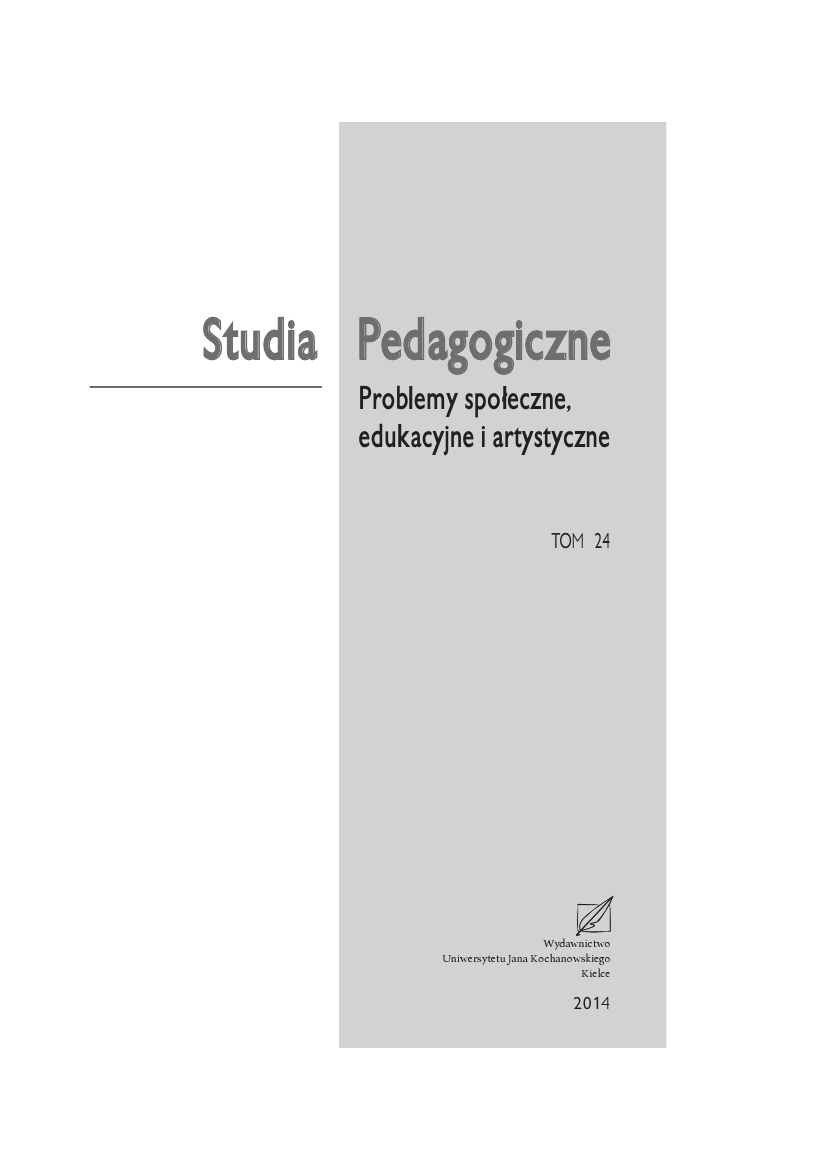
We kindly inform you that, as long as the subject affiliation of our 300.000+ articles is in progress, you might get unsufficient or no results on your third level or second level search. In this case, please broaden your search criteria.

The present study is about the impact of Sufi literature onthe emergence ofthe emancipated Media in Iran. Literature was the most powerful media, when there was not television, radio and internet. As, media is an important tool for maintaining the legitimation of regimes, rulers were trying to make a powerful control on poetry and poets. Economic conditions, publishing and distribution situation and the other limitations were the reason of poets’ dependence on the rulers. The emergence ofSufiliteraturewas asthe balance ofpower inmedia. Sufi poets were so powerful, so they did not have to obey the rulers. Sanaee was the first raised Sufi poet that freed poetry from ruler’s control and balanced the power of Media.
More...
In order to contextualize the theme discussed in this article is presented briefly the historical development of educational sciences from the Didactica Magna to Postmodern Didactic, then localized reconstruction of contents in Didactics of specialty between discursive strategy and argumentative performance. Reconstruction of contents by reported to the idea of didactic transposition, the main theme of discussion of this article, is analyzed in relation with didactic speech, which has the role to put into practice in the classroom the idea of didactic transposition. Didactic speech, mediated by computer, is a current reality at the present time, as generalization in the educational process. Reconstruction of contents is placed on the axiomatic background of curriculum paradigms because changing paradigm has the effect of change the architecture of didactic speech to present in classroom the scientific contents reconstructed by didactic transposition. Finally, some conclusions are presented.
More...
The European integration processes have had over the years many shapes, faces and, masks. European politicians noticed, as late as at the turn of 70s and 80s of 20th century that culture can significantly influence the social life, economy, as well as international relations. At that time, however, they did not formulate any proposals of specific activity which could have lifted culture to supranational position, and the culture remained in the realm of national policies. In the early 80s, Ministers of Culture of the European countries, dissatisfied with cultural policy of the European Community, or rather lack of it, informally established intergovernmental Council of the Ministers. The council was announcing resolutions and recommendations for the European Commission, European Parliament, and European Council. The objective of this paper is analysis of the pioneering role of Ministers of Culture in integration processes at culture level. The research reveals that the intellectual and political work and influence of Ministers played a pivotal role in formulating the first paradigm of the Community’s cultural policy. They were also instrumental in creating first programmes directed to culture and cultural operators in Europe.
More...
The article presents a research on development features of professional and pedagogical culture in the process of volunteering activities of future specialists in socionomic sphere. Social problems escalation and absence of the system providing service to the most vulnerable sections of the population caused the appearance of the voluntary movement. The participation of young people in volunteer work gives them the opportunity to make personal contribution to the solution of social problems, to test their capabilities by taking part in projects and social programs. The level of professional pedagogical culture of future specialists of socionomical professions is determined with forming professional and personal qualities. After all, professional pedagogical culture, as a synthesis of the competences and professional qualities, is an important indicator of a highly qualified specialist
More...
Many men of education run away to European cities after the invasion of the entire Balkan Peninsula. The ideals of humanism and renaissance were affirmed, thanks to their intelligence, which brought the Greek-Roman classicism to the top of the fields of literature and art. This paper will present the works of brothers Gjon (Giovanni) and Pal (Paolo) Gazulli, the poet Michele Marulli, the writer Marin Barleti (Marino Barlezio), the philosopher Leonik Tomeu, the painter Vittore Carpaccio, excelled with their talent and works in the city of Venice. The Albanian community needed a fortune to compete with groups from other nations, with the Dalmatians among many. They needed to decorate the premises of their association with precious objects and paintings: there is proof of this in the paintings of Vittore Carpaccio, in the first years of the XVIth century. Carpaccio‟s works are important, they present, in the cycle “Stories of St. Ursula”, the uniform of Albanian soldiers serving the Republic of Venice.
More...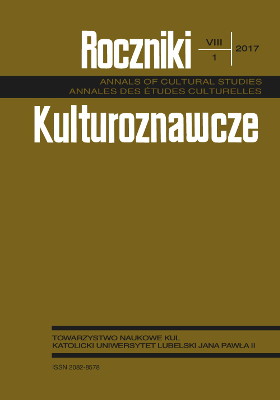
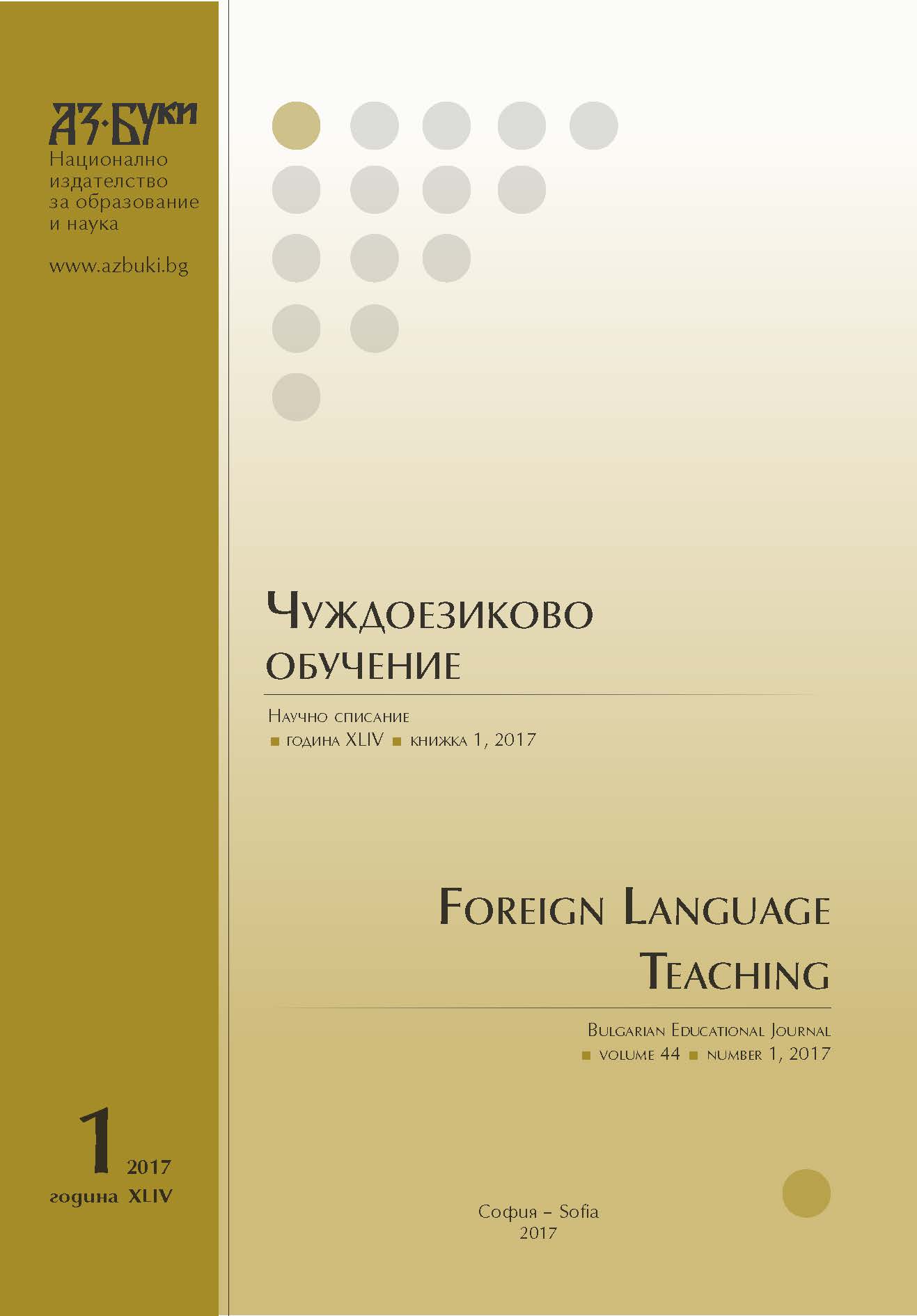
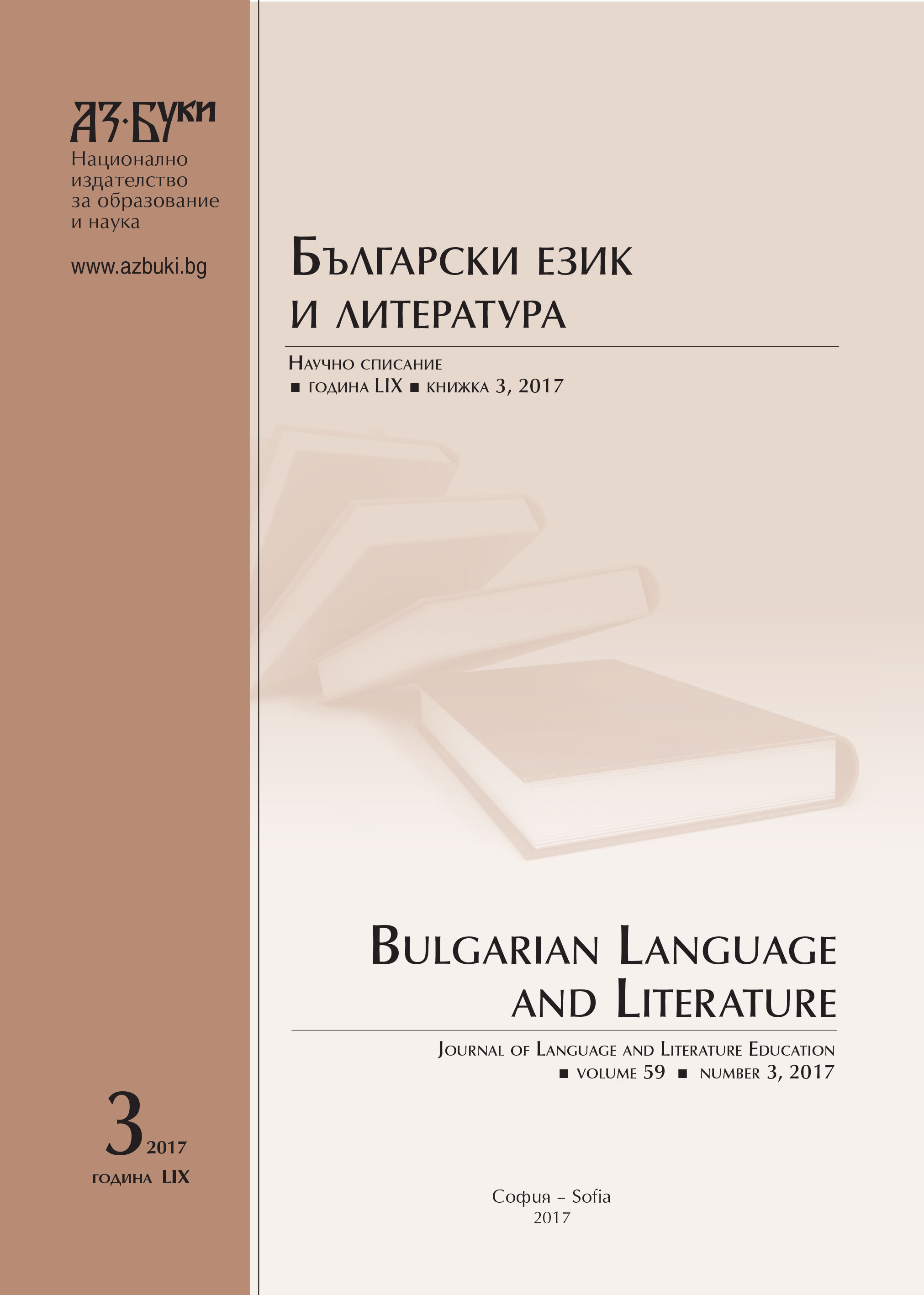
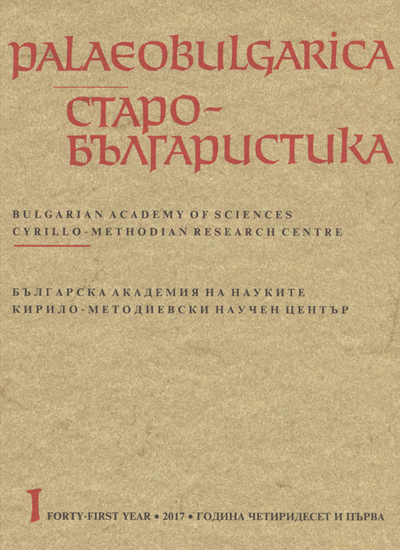
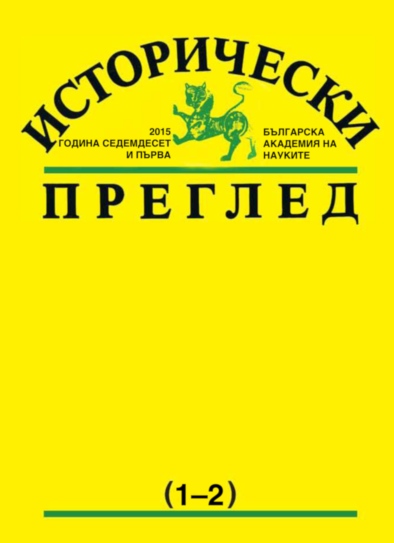
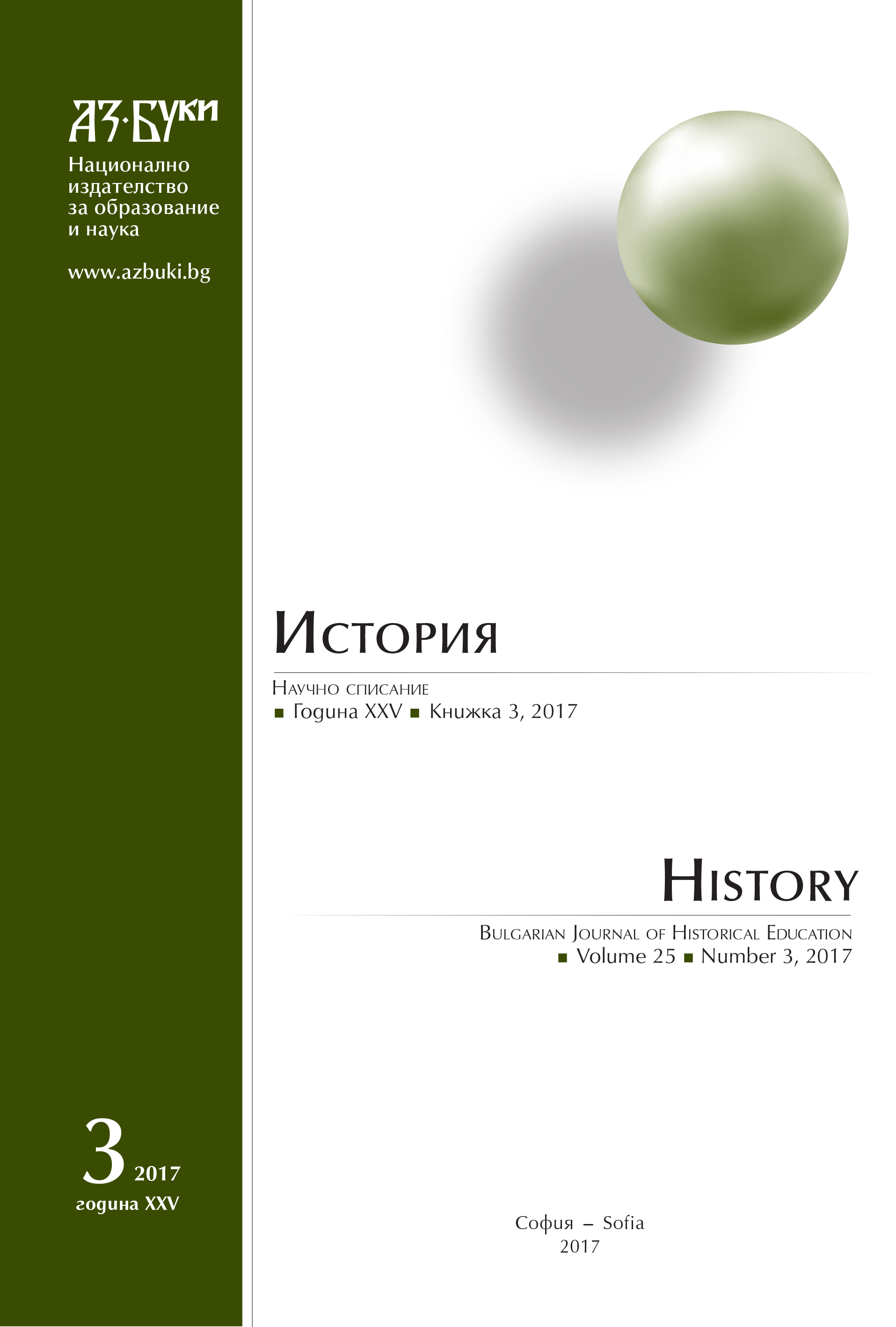
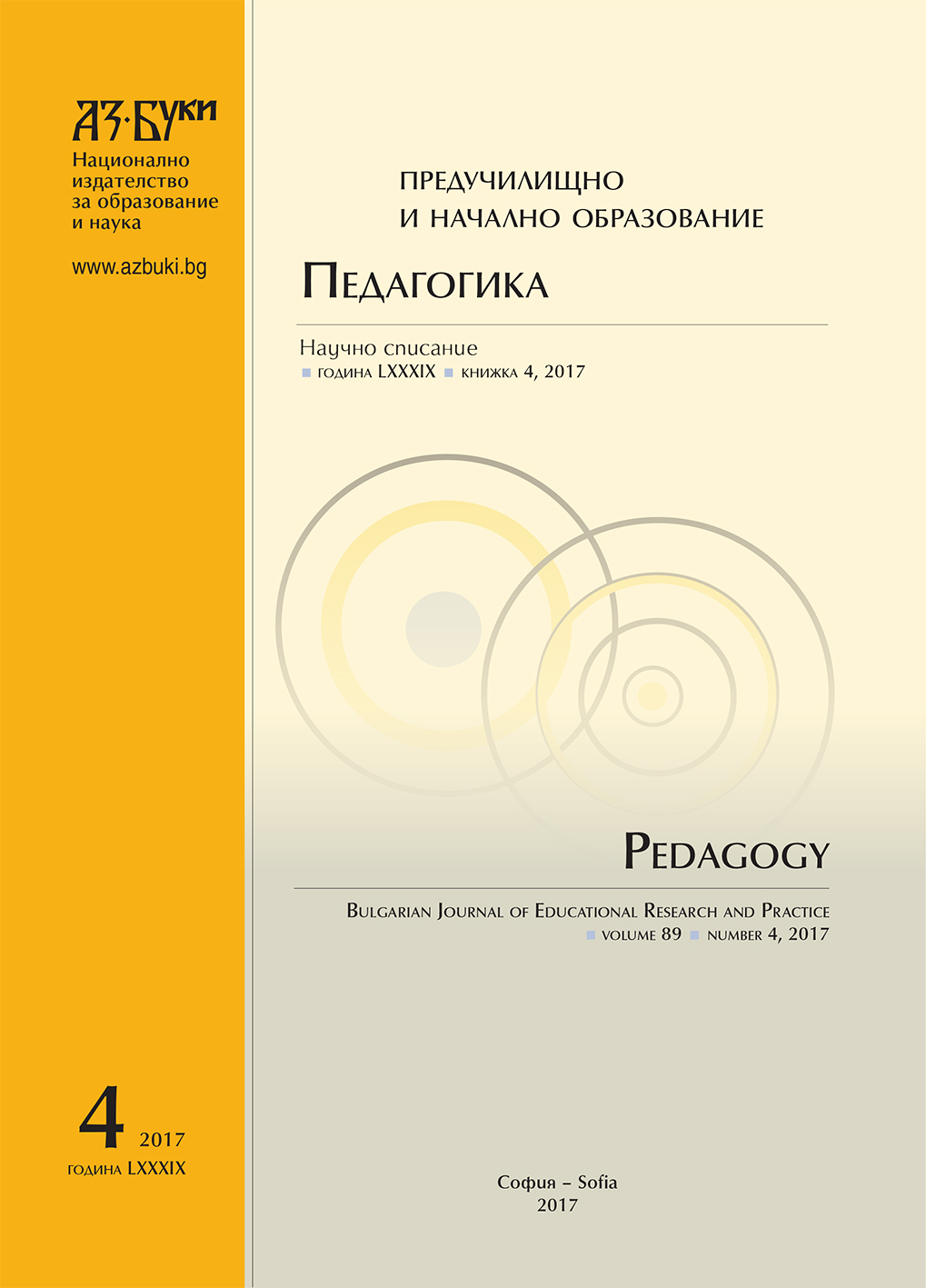
The article presents the academic performance of the Department of Social Pedagogy to celebrate 20 years since its establishment in Sofia University.
More...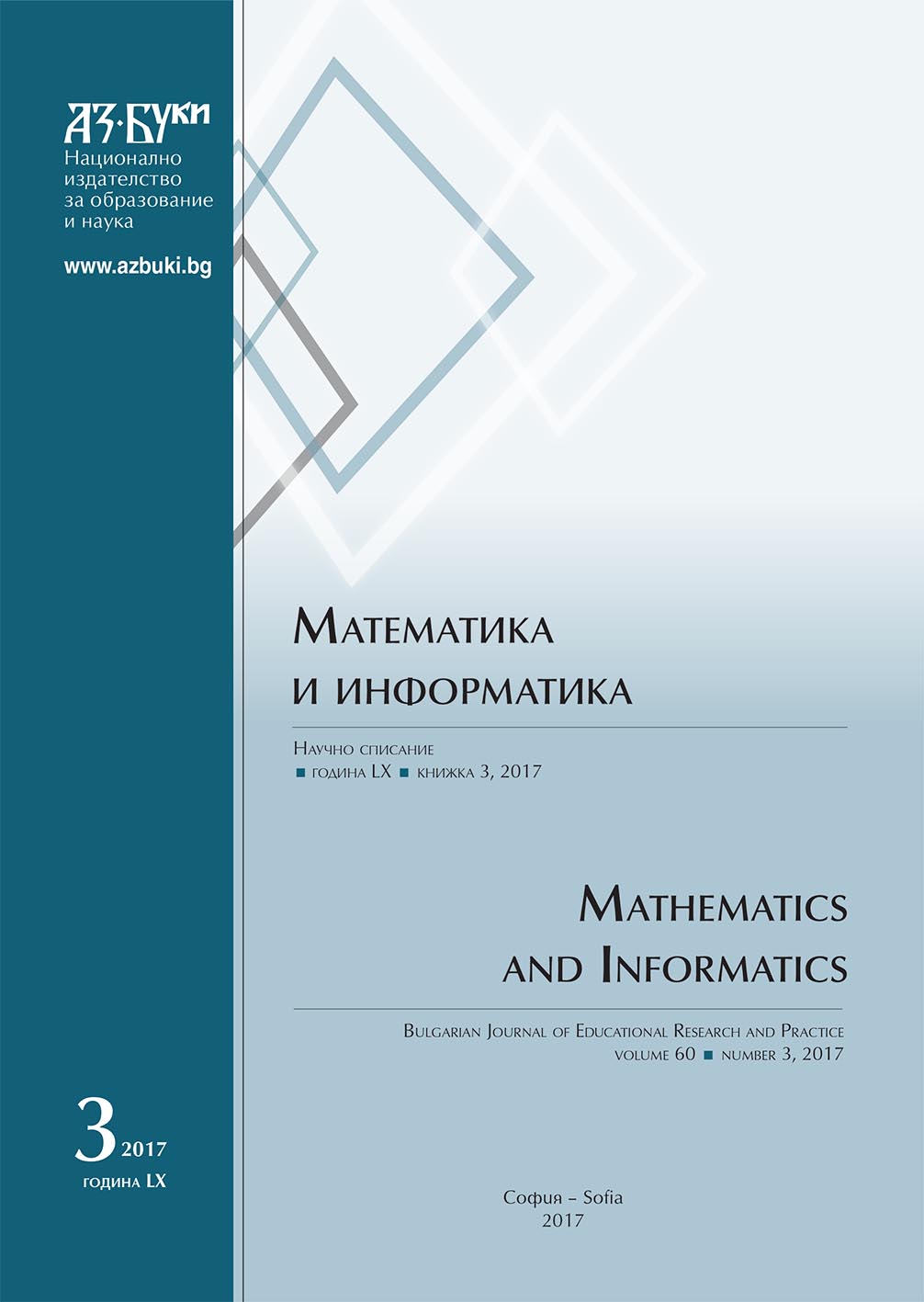
In the present year it is the 80-anniversary of Genadii Lavrovich Lukankin (1937 – 2006), a famous scientist-mathematician (complex analysis of several variables, boundary value problems), outstanding specialist in the domain of secondary (general) and high-professional education, corresponding member of RAO. Genadii Lavrovich has provided a basis for Russian-Bulgarian fruitful collaboration in mathematical education.
More...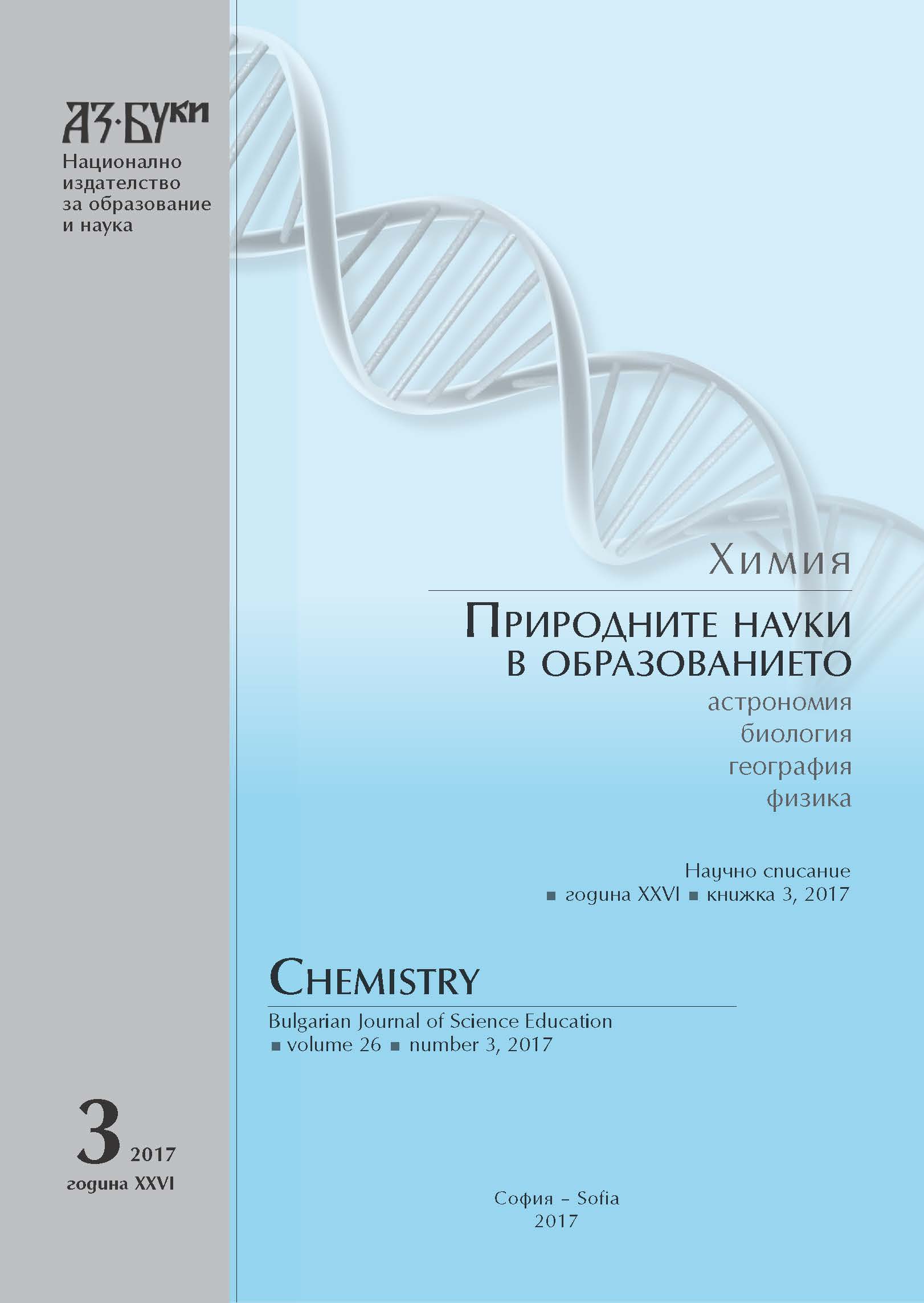

Alexander Mikhailovich Butlerov (1828 – 1886) is a great Russian chemist. He is the creator of the theory of structure of the organic compounds. This article contains unknown details of Butlerov’s life and scientific activity. Putting emphasis on what is little known today about a scientist - unknown because it is forgotten or is deliberately hidden - has a great pedagogical value. Thus, the image of the scientist in question loses its schematic contour gets depth and lean human traits, which will enable the learner to better perceive his personality and understand his/her work.
More...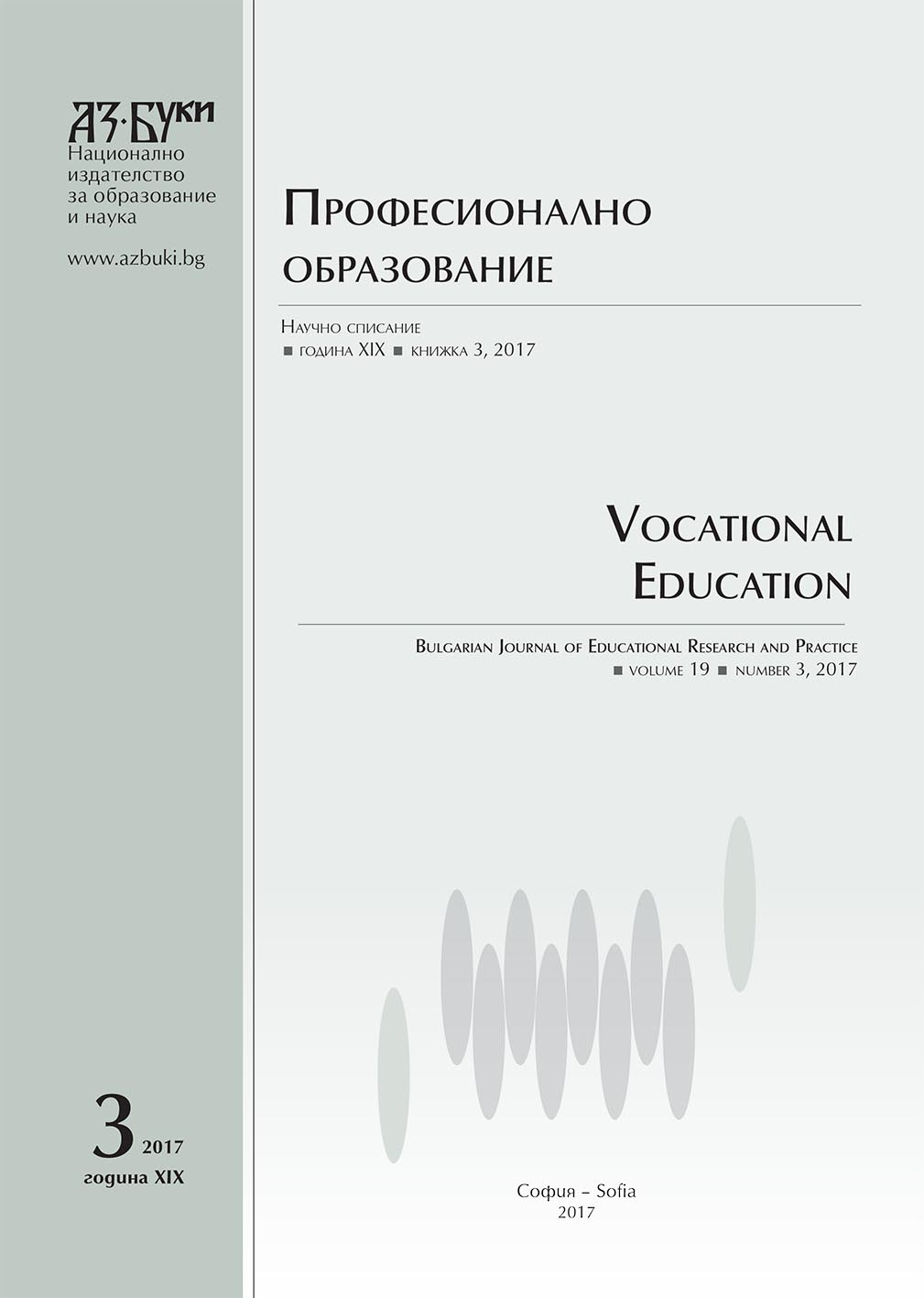
The article tells about Scientix – the community for science education in Europe. Described are different stages of development of the initiative, such as educational policies developed together with European School Network (EUM). The author examines the questions about the benefits of Scientix for the teachers, why the use of the resource repository Scientix is important for Bulgarian education and what needs to change in Bulgaria in STEM education to be able to support scientific interests of children from an early age.
More...
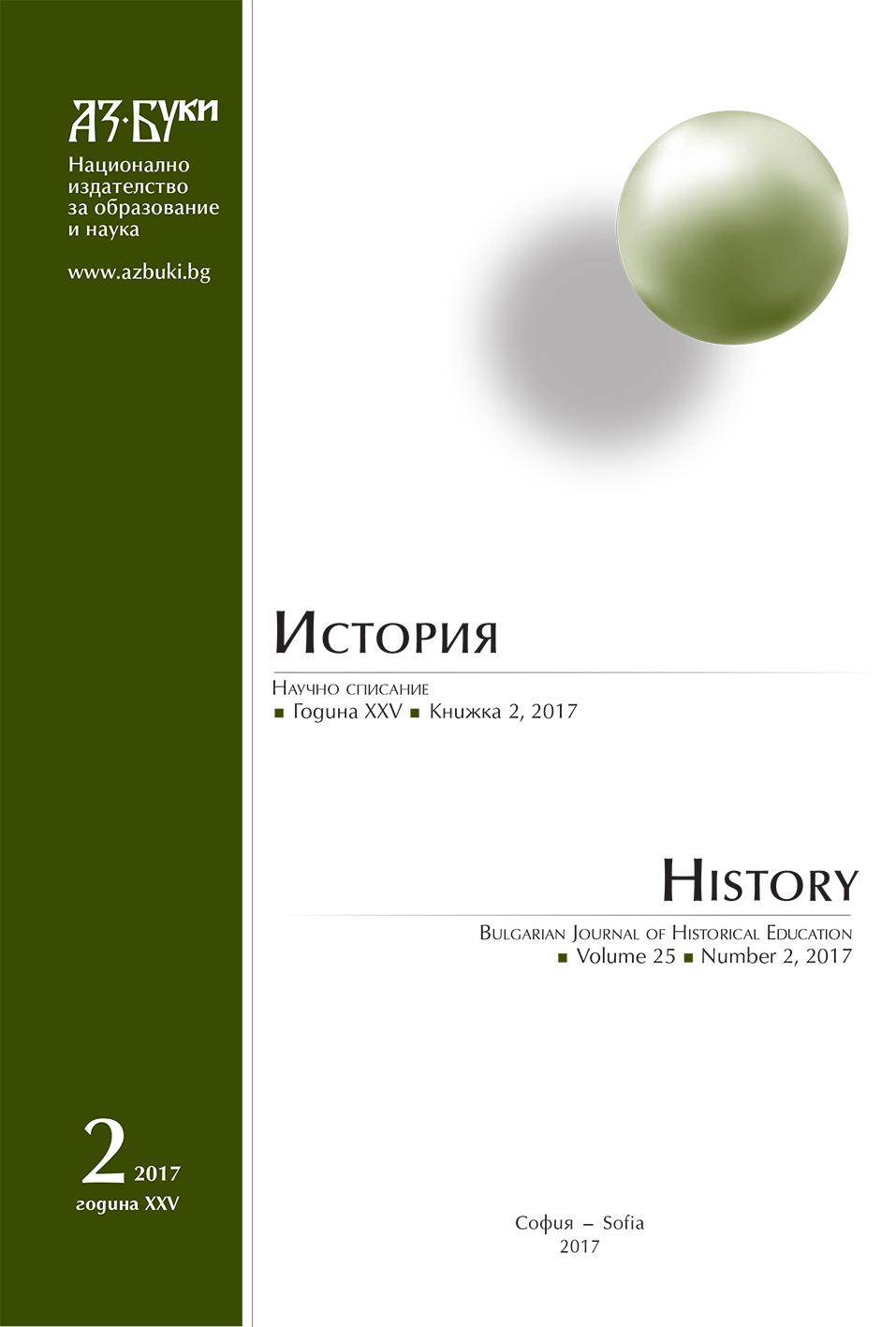
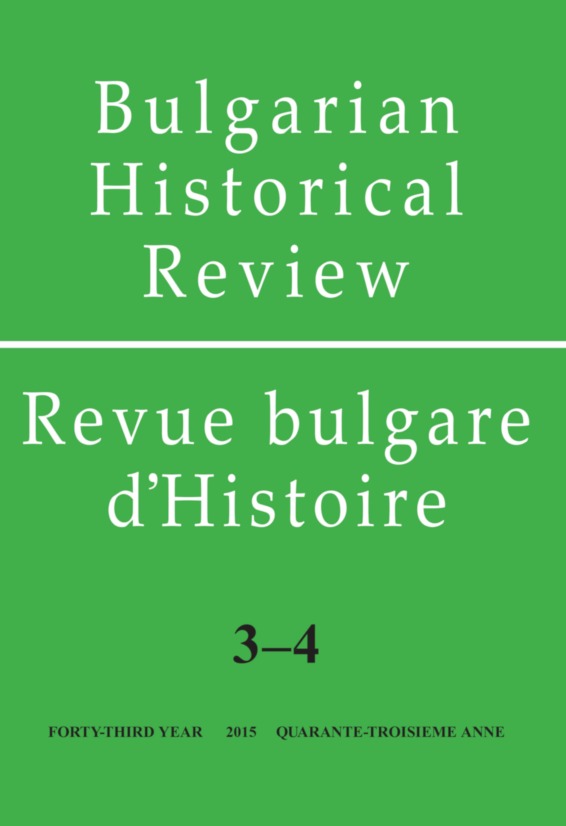
The article is dedicated to the life and creative path of Prof. L. B. Valev who made a significant contribution to the formation and development of Soviet / Russian Slavic studies and historical Bulgarian studies.
More...